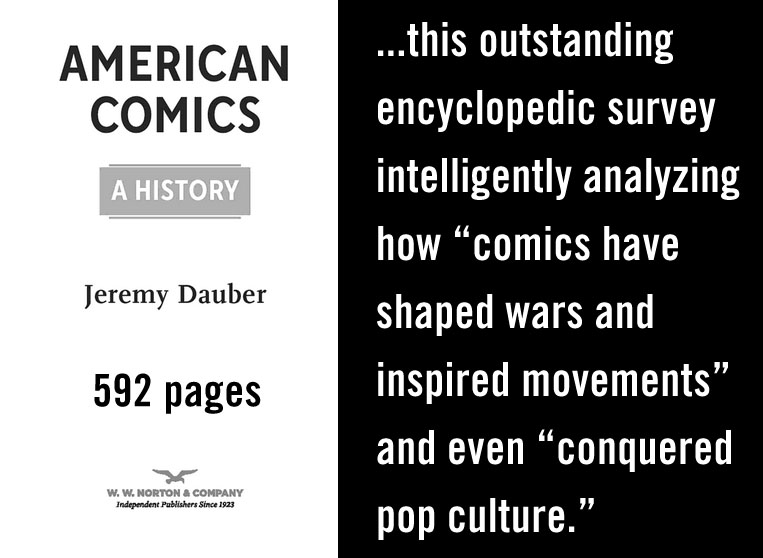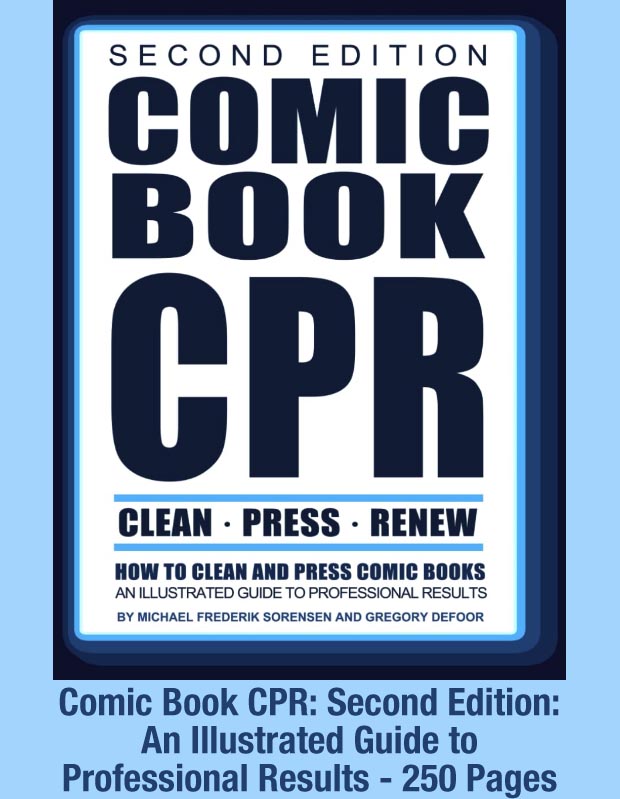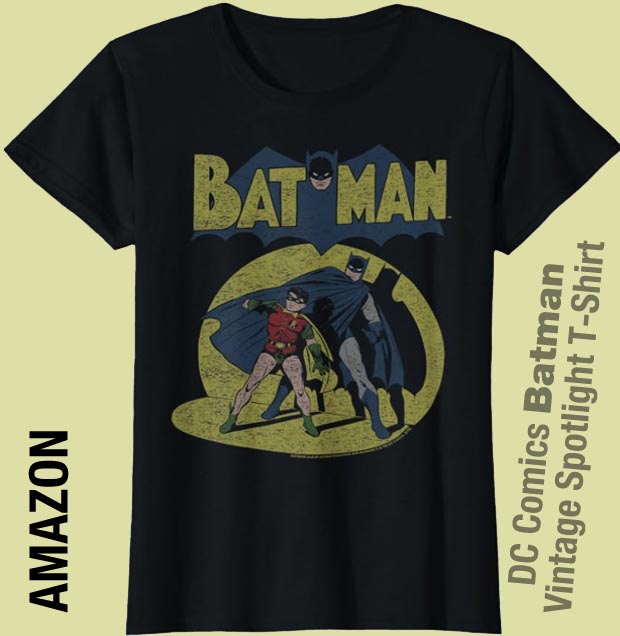Superman Failures
Let's blame Clark Kent
March 2021
Forbes Magazine: Batman Superman failures vs Wonder Woman and Aquaman successes
"Superman hasn't had a hit movie in 40 years" says writer Scott Mendelson
What's the Forbes writer really saying?
His number usage doesn't make a clear case for his claims. The 2013 film Man of Steel earned $668,045,518* against a production budget of $225 million. The follow up Batman V Superman turned $872,662,631 in 2016, and that film produced a platform for launching Gal Gadot's Wonder Woman of 2017, which earned $816,501,312 Million. These are not runaway hits, but they're "hits" in the lower case sense, and they earned additional money from home video sales as they hit the shelves before the streaming wars invasion cancelled out such retail-based earnings (not to mention the pandemic, which would make the numbers on any of these three films look like mega-monster hits compared to the anemic earnings now afforded Hollywood "product" limping into theaters.)
He goes on to say "As we've seen time and time again since 1983, the world really doesn't need a Superman (movie). That proved true then and remains so today."
This isn't a good argument, because "need" applied to a commodity like a movie is a distortion of the dynamics of getting eyeballs onto a film, where "want" and "what's the competition at the time of the release" makes a far bigger impact on what the fortunes of a title, plus a negligible little thing Scott Mendelson's analysis only partially acknowledges, "quality." The first two Superman movies did well both critically and financially, but #3 and #4 trashed the franchise, much as the Batman cycle begun with the 1989 Batman got trashed by sequel #4 Batman and Robin, that perennial lesson-film of how to crash a speeding money-maker.
More Mendelson:
"Bryan Singer’s Superman Returns, a tone-poem and ahead-of-its-time legacy sequel to Superman and Superman II (albeit with no returning cast members), earned $200 million domestic and $391 million worldwide in 2006 on a $200-$270 million budget (counting WB’s previous failed attempts to revive the character). The reviews were mixed-positive. I hated it, since it’s all about Clark being sad that Lois Lane moved on with her life after he disappeared for five years..."
Superman Returns had one big thing in its favor: expectations that the big money spent on producing the movie, plus Singers involvement, would create a monster hit like the Christopher Reeves' films meant Warners was apparently able to make high-pressure deals with retailers to carry the merchandise and the home video version in a prominent way, for example Wal-Mart which had a stationary Superman Returns promotional stand at the front of stores for nearly a month, even though purchase demand was minimal and the racks stayed stocked with copies as few were being sold. It looked like the deal they had made in expectation of a blockbuster meant that those well-stocked cardboard stands had to stay locked into valuable forward retail space despite not being able to "move product." Such is the results of planning on high demand but instead getting only demand "lite."
The film itself, as noted by the Forbes' writer, was "hateable," though I would suggest the problem was that the Bryan Singer's Superman simply didn't like being Superman, and went about the business of heroing like it was an unpleasant job that somebody had to do, and the superpowers were about as interesting to Superman himself as was simply smiling. A dour film about a dour hero clashed with not only the Reeves' hero, but clashed with the bulk of Superman continuity since the original start.
Mendelson on Batman V Superman:
It was a much darker, much grimmer and more personally violent action epic, one that positioned Ben Affleck's Batman as a glorified murderous villain and gave us a Clark Kent who was crippled by fears and doubts over the cultural and political ramifications of his every action.
I can't argue with the man here, though the description isn't going to strike everyone as correct regarding Batman's almost pseudo-Punisher persona from Snyder. But Mendelson's catalog of Warners/DC's hits and misses makes good points:
Joker, an R-rated, 2-D, action-lite drama, earned $1.073 billion (more than The Rise of Skywalker) without a penny from China.
And that remark brings the story back around to quality. Mendelson approaches the heavily publicized recent news of a "black Superman" reboot being written by Ta-Nehisi Coates. He posits whether such an arrangement can get people interested in Superman again, or if there will be enough people outside of fandom who care about such an arrangement to provide enough boost to make a reboot-Superman a hit. But then Mendelson says:
Superman is becoming the superhero equivalent of the Terminator franchise, with Hollywood convincing itself the audience desires another one despite repeated rejections.
(This statement actually buttresses the obvious: fans of the Terminator films don't like the rebooted versions which junk the original chronology and the meaning in that chronology.)

The Superman that was
My last argument with Mendelson is that the many Supermen that have come to the movie screen since Reeve's first two happily-successful forays have been distant variations against the classic Superman, and if the Hollywood Batman can be re-energized by simply getting back near the character's roots and staying true to those elements, why don't they let another Superman effort draw heavily off the original Siegel-Shuster version?
The Siegel Superman revelled in his powers to leap and jump and scare criminals, and was written with a somewhat snarky side which provided for funny banter when pummelling suddenly helpless criminals. This is something the modern Superman lost but is commonplace with other superhero characters that lifted that dynamic from the original man in blue tights.
Like the initial Batman tales, the early stories of both characters featured crooks shown as genuinely powerful and dangerous, reflecting the street-level fears of people who read the comic books. Up against Siegel's Superman, crooks are turned into being not much more threatening than a toy in the hand of a child. As a power-phantasy, Superman's original version by Siegel is hard to beat for directness. The inevitable conflict of Superman against a Lex Luthor or other super-villain is inevitable just because of where storytelling for such characters naturally goes in the long run. One of the problems with the modern Superman of filmdom is that the stories launch into the "inevitable long-run" of super-villains almost immediately with precious little preliminary containing street-level gangbusting. This robs the character of a great deal of contrast, because the elite and aristocratic nature of Superman (though ironically, not Clark Kent) is matched by the aristocratic elite nature of the super-powered villain. This kind of presentation, which reduces the humanity of the character of Superman by amplifying his other-worldliness (and his otherworldly interests), dulls him down fast for a general audience, and though writers try to rebalance this by drawing on Ma or Pa Kent either in flashback or in some other form providing a human-based ethical standard for Superman to believe in and defend, its a pretty hard task to reattach Superman to the plain humanness of the audience through a second party. Frankly, when they go this route, its showing they've already lost control of the character as originally designed by Siegel.
I would suggest that the opportunity for an audience to enjoy a super-powered man proving to be invincible against street-level crooks is a satisfying spectacle for people who themselves know that reality is so much different. In a nutshell, abandoning this important aspect of Superman is abandoning the audience, who find their own problems and fears so much more interesting (and those fears and problems are attacked by the phantasy world of Siegel's Superman) versus the detached humanity of the super-powered Superman who the modern Hollywood writers can only bring into contact with the audience by either going through his parents or Lois Lane. I think the audience would prefer a direct connection.
Article by Scott Mendelson at Forbes Magazine
Superman
Superman Confidential #1, Jan 2007
Superman Failures – hasn't had a hit in 40 years says Forbes
The Superman Copyright Legal Case
Zack Snyder’s Justice League [Blu-ray] – Amazon
* Numbers from box office mojo
Original page March 5, 2021 | Updated June 24, 2021

